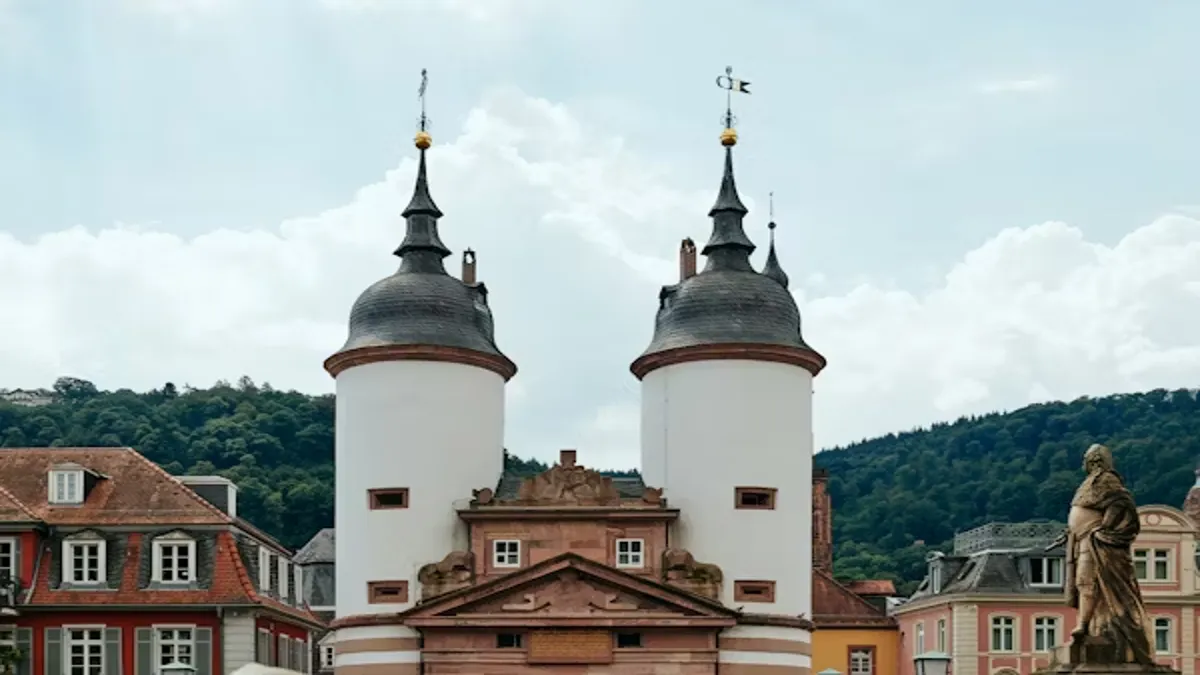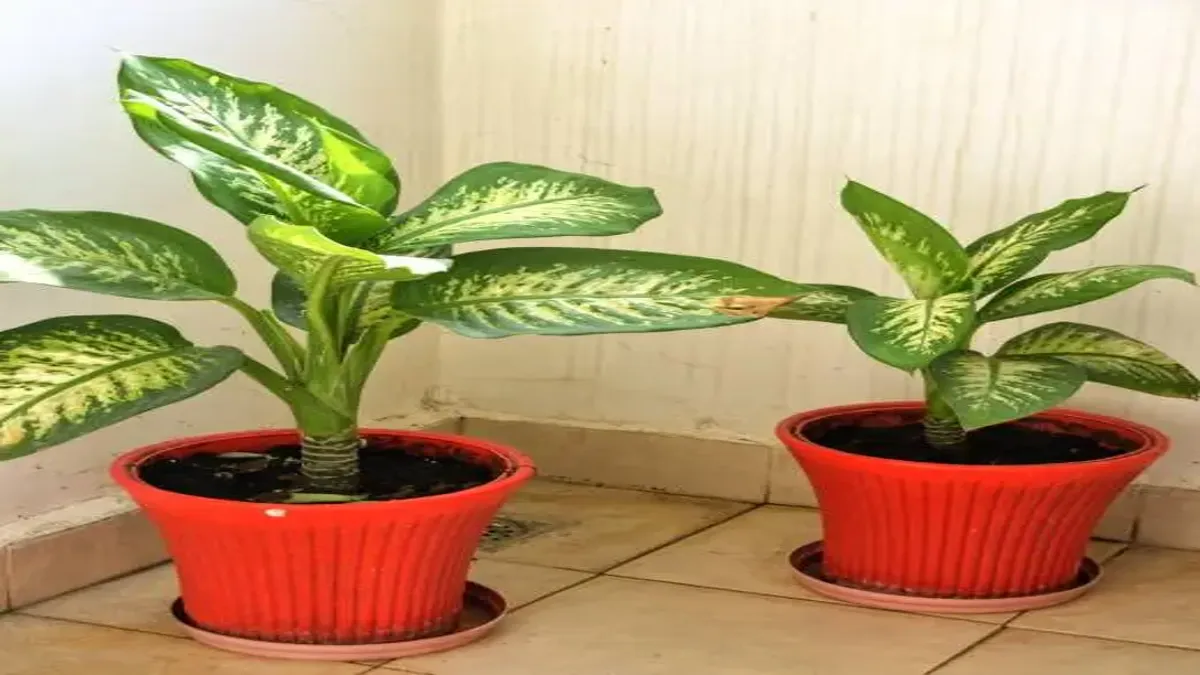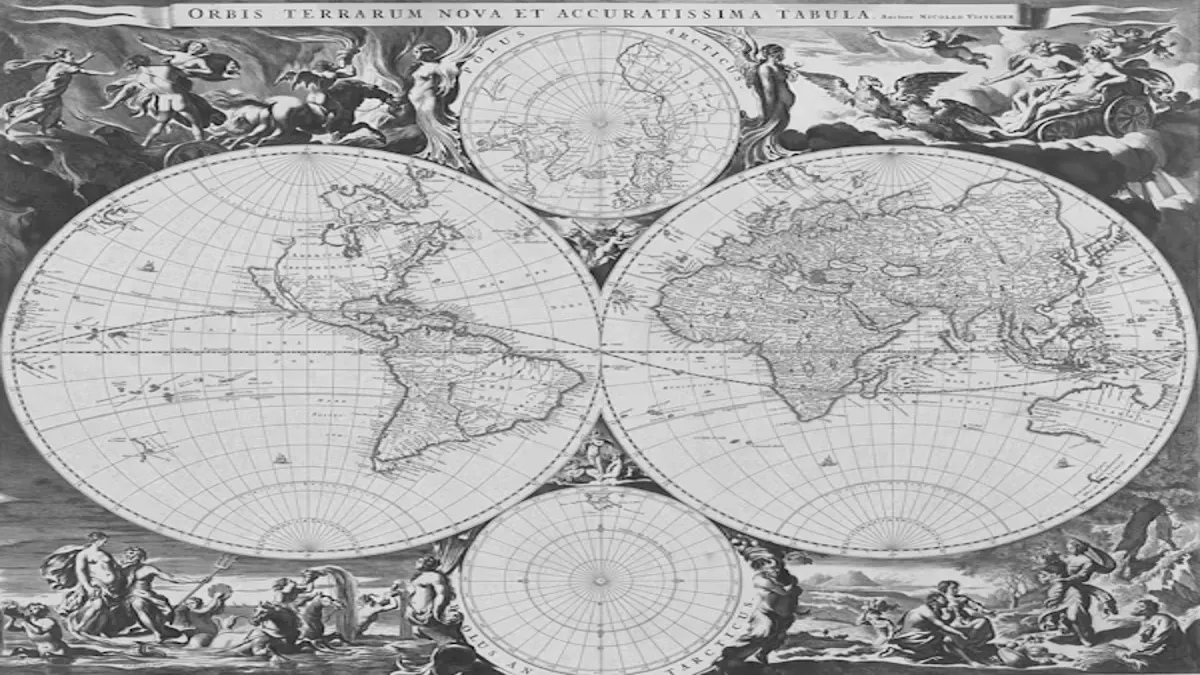Wonsheim, a small village in Rhineland-Palatinate, Germany, is more than just a rural settlement on the map. It is a place where centuries-old traditions meet evolving modernity, where vineyards dominate the horizon, and where a sense of community continues to shape everyday life. For anyone curious about regional heritage, local culture, and the story of small-town Europe, Wonsheim offers a window into a layered identity. Within its streets, history whispers through ancient structures, while in its fields, the enduring significance of viticulture unfolds. Travelers, researchers, and locals alike see Wonsheim not merely as a dot on the landscape but as a living story, embodying German rural character. In the following sections, we will explore Wonsheim’s roots, its cultural resonance, its winemaking reputation, and the way it reflects broader shifts in European rural society. For readers searching for authentic insight into this village, this article offers a detailed exploration.
Historical Roots of Wonsheim
The roots of Wonsheim stretch back into medieval chronicles, where it was first mentioned in records that revealed the importance of land ownership and agriculture. Unlike larger cities, Wonsheim’s history is intimate and grounded in the rhythms of rural survival. Castles and manorial estates once dotted nearby lands, shaping the economic lifelines of the village. A German historian once observed, “Villages like Wonsheim represent the skeletal structure of our past; they held the country together in quiet strength.” Over centuries, the community withstood wars, political realignments, and social transitions, yet its local spirit endured. Today, walking through the cobblestone lanes reveals preserved fragments of Gothic and Baroque architecture, reminders of the resilience and adaptability of its people.
Geographic and Environmental Identity
Situated in the Rheinhessen region, Wonsheim benefits from the rolling hills and fertile soils that define this celebrated landscape. The climate is mild yet varied, giving rise to agricultural patterns that have influenced the village economy for centuries. Vineyards stretch across the slopes, their rows aligning with natural contours of the terrain. Streams and fields provide balance, creating a scene that locals describe as “rural poetry in motion.” Environmentalists note that small villages like Wonsheim embody a sustainable relationship between land and people, where agricultural practices evolved alongside respect for ecological cycles. This landscape not only shapes economy but also identity—residents often tie their personal heritage to the vineyards and fields that surround their homes.
The Culture of Viticulture
Wine is not merely an economic product in Wonsheim—it is an inheritance. Generations have cultivated the vines, developing expertise in Riesling and Silvaner varietals that attract both local and international appreciation. Vineyards are often family-owned, with knowledge handed down like heirlooms. “Every bottle is a story,” says a local vintner, emphasizing how labor, soil, and tradition fuse into the final product. Annual wine festivals unite villagers and visitors, offering tastings, music, and communal pride. These events also provide a stage for younger generations to learn their role in sustaining Wonsheim’s identity. In broader terms, viticulture links Wonsheim to the global market, as its wines find recognition beyond Germany’s borders, balancing rural charm with international relevance.
Table: Key Features of Wonsheim
| Aspect | Details |
|---|---|
| Location | Rhineland-Palatinate, Germany |
| Historical Origin | Documented in medieval records |
| Primary Economy | Viticulture (Riesling, Silvaner), small-scale agriculture |
| Cultural Identity | Wine festivals, rural traditions, architectural heritage |
| Notable Geography | Rolling hills, fertile soils, vineyard landscapes |
| Population Character | Small, community-oriented, intergenerational continuity |
Architecture and Heritage Preservation
Wonsheim’s architecture serves as an open-air museum, telling stories of rural German life across centuries. The parish church, with its stone tower, provides both spiritual and historic continuity. Farmhouses, timber-framed houses, and cellars are more than structures; they are memory keepers of times when craftsmanship defined rural prosperity. Preservation efforts remain vital, as modernization threatens to erase subtle historical details. Scholars highlight that maintaining such architecture is crucial not only for tourism but also for reinforcing identity. The careful balance between protecting heritage and adapting to contemporary needs reflects Wonsheim’s resilience in facing modern challenges without abandoning its past.
Community Life and Traditions
At the heart of Wonsheim lies its community spirit. Villagers support one another through cultural associations, volunteer fire brigades, and local clubs. Traditional festivals mark the calendar, offering both celebration and continuity. Residents often describe community life as the foundation of Wonsheim’s survival, particularly in times of social or economic change. Bullet points illustrate the texture of this life:
- Annual wine festival bringing locals and tourists together
- Seasonal harvest celebrations rooted in agricultural cycles
- Volunteer organizations that sustain safety and cohesion
- Intergenerational storytelling preserving oral traditions
These practices ensure that Wonsheim is not simply a collection of homes but a tightly woven fabric of shared experience.
Wonsheim in Modern Times
Despite its historic aura, Wonsheim faces modern realities. Population shifts, economic diversification, and digital integration have altered daily life. Young residents often leave for educational or professional opportunities, though many return to inherit family vineyards or reestablish local connections. The challenge lies in maintaining relevance without losing essence. Local councils emphasize sustainability and tourism as pathways forward, ensuring the village can thrive in a globalized world. A community leader remarked, “We are small, but our strength is authenticity.” Indeed, Wonsheim markets itself as an authentic rural destination, appealing to travelers seeking slow-paced, culturally rich experiences.
Table: Contemporary Developments in Wonsheim
| Development Area | Examples |
|---|---|
| Sustainability | Eco-friendly vineyard practices, renewable energy integration |
| Tourism | Wine tours, cultural festivals, rural accommodations |
| Education | Partnerships with regional schools, preservation of agricultural skills |
| Demographics | Aging population balanced by returning younger generations |
| Digital Integration | Online marketing for wineries, community digital initiatives |
The Broader Significance of Wonsheim
Wonsheim exemplifies how small European villages preserve cultural memory while navigating modern pressures. Its significance extends beyond geography, offering lessons in resilience, adaptation, and community-driven survival. Researchers often highlight such villages as laboratories for understanding cultural continuity. Tourists, meanwhile, see in Wonsheim a living reminder of slower, more intentional ways of life. Economically, its wines contribute to Germany’s global image as a leader in viticulture. Sociologically, Wonsheim reflects how traditions can coexist with modern realities without contradiction.
Conclusion
Wonsheim is more than a village; it is a cultural narrative, a landscape of memory, and a model of rural vitality. From its medieval origins to its modern adaptations, Wonsheim demonstrates how authenticity survives across centuries. Its vineyards, architecture, and traditions not only serve local pride but also resonate with global audiences who value heritage and community. The village embodies the ongoing dialogue between past and future, ensuring its place in both local and international consciousness.
FAQs
1. What is Wonsheim best known for?
Wonsheim is best known for its viticulture, particularly Riesling and Silvaner wines, and its strong community traditions.
2. Where is Wonsheim located?
Wonsheim is located in Rhineland-Palatinate, Germany, within the Rheinhessen wine-growing region.
3. What festivals are celebrated in Wonsheim?
The annual wine festival is the most prominent, alongside agricultural celebrations and community cultural events.
4. How old is Wonsheim?
Wonsheim’s origins trace back to medieval records, reflecting centuries of rural settlement and agricultural development.
5. Why visit Wonsheim?
Visitors are drawn by wine tours, historic architecture, festivals, and the authentic charm of German rural life.















